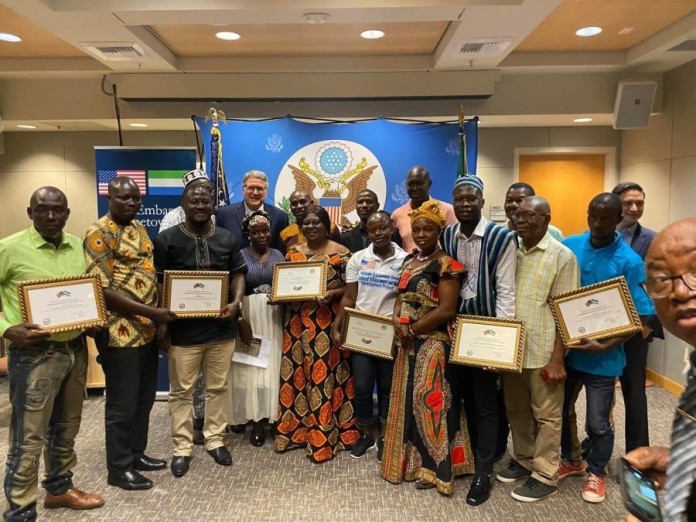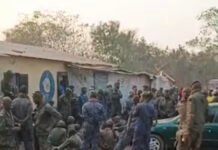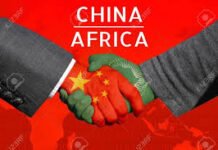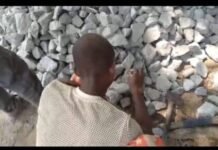By Foday Moriba Conteh
The United States Ambassador to Sierra Leone, David Reimer has through the Ambassador’s Special Self-Help (SSH) Program presented grants totaling USD 40,000 to eight Sierra Leonean-led community organizations that are working to improve economic and social conditions at the local level. The presentation took place during a press conference held at the U.S. Embassy in Freetown.
The funds will support projects in seven districts in the east, west, north, and south of Sierra Leone. Projects receiving funds this year include those doing programs to support adolescent girls and women with limited economic opportunities through skills training, those providing clean water and conducting campaigns to promote hygiene best practices to reduce the risk of contracting water-borne diseases and support income generation and food security through aquaculture, rice cultivation, plantain and banana cultivation and grain store construction.
In his address, the Ambassador congratulated the grantees and noted the important role played by the communities themselves, who are actively engaged in the planning and implementation of each project.
These initiatives are funded by the Ambassador’s Special Self-Help (SSH) Program, which supports small, community-based projects throughout Africa. These projects are designed in cooperation with community members, who contribute their own resources, usually in the form of labor and in-kind donations.
He informed that gathering that the Special Self-Help Fund was suspended for several years due to the COVID-19 pandemic, and they are so delighted this year to be restarting this initiative to help hard-to-reach communities in Sierra Leone using local organizations.
He stated that the grants is one of his favorite programs because it allows them to respond directly to community requests and to fund projects that have an immediate impact on communities in Sierra Leone.
He maintained that there was a lot of competition for funding as they received quite a number of good proposals, but the fortunate organizations were among the top 10 percent of all applicants.
“The work that you will do is more important now than ever. Many of your communities have been hit hard by the disease, floods, the effects of climate change, rising prices, and other economic hardships. I’m happy that the U.S. Embassy can help cushion these impacts of these events through the good works of your organizations,” he revealed.
He said that some of the projects will provide clean water and conduct sanitation campaigns to reduce the risk of getting infected with water-borne diseases while others will help support agricultural programs in rural communities and others will help adolescent girls and women with limited economic opportunities.
He underscored that while the focus of the projects varies, all will have a direct impact and help vulnerable members of their communities help themselves.




